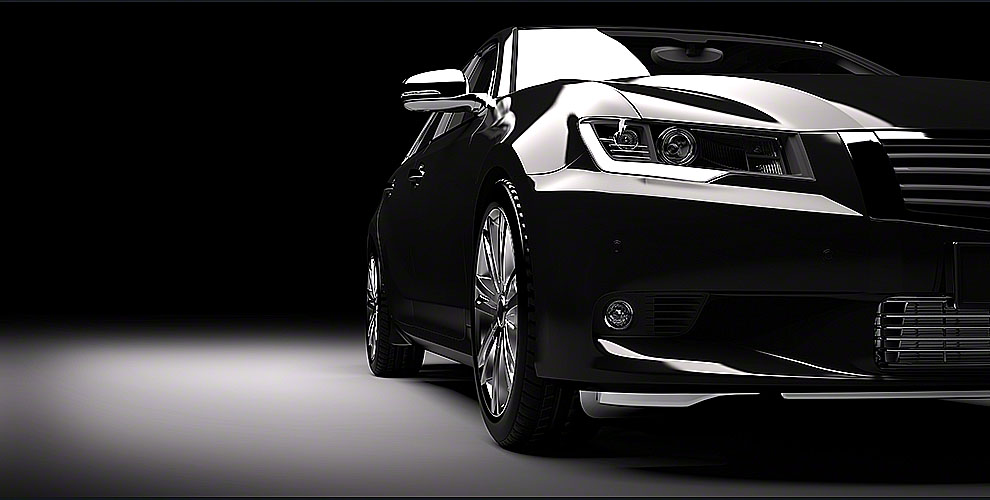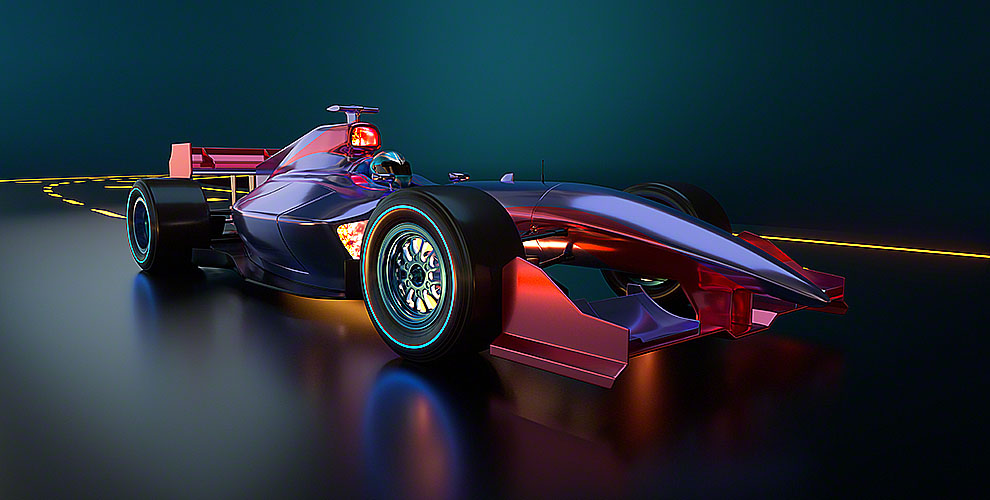Regarding car window tinting, numerous myths can mislead and affect your decision-making process. It’s vital to clear up these widespread misunderstandings before selecting the ideal car window tinting for your vehicle, ensuring a well-informed choice.
Debunking Window Tint Myths
Many vehicle owners opt for window tinting to enhance their car’s look, protect against UV rays, minimize heat inside the vehicle, and increase privacy. Nonetheless, misconceptions abound in the realm of window tinting.
The Misconception of Darker Tints and Heat Rejection
A common fallacy is believing that a tint’s darkness level directly influences its ability to reject heat. In truth, a tint’s heat-rejection property depends more on its material rather than its shade. For instance, despite their lighter shades, ceramic tints are highly effective at heat rejection thanks to their sophisticated technology.
Nighttime Visibility and Window Tinting
Many assume that window tinting compromises visibility at night, potentially making nighttime driving dangerous. However, this issue primarily arises with very dark tints. Many modern tints are designed to preserve visibility at night, making it crucial to choose a tint that ensures safety during dark hours.
The Aesthetic Misconception
Though it’s true that window tinting can significantly enhance a vehicle’s appearance, its benefits extend beyond mere looks. Window tints also offer functional advantages like UV protection, heat reduction inside the car, increased privacy, and protection of the interior from sun damage and fading.
Legal Misunderstandings Around Window Tinting
The belief that window tinting is universally illegal oversimplifies the truth. Legal restrictions do exist regarding the darkness and reflectivity of window tints, but these vary significantly by location. Understanding and adhering to the legal guidelines in your area is crucial to avoid legal issues.
The Permanence of Window Tinting
Contrary to some beliefs, window tinting is not an irreversible modification. It is possible to remove or change the tint, though it’s best done by professionals to avoid damage to the windows or residue left behind.
Complete UV Blockage Myth
While window tinting substantially reduces UV ray penetration, it doesn’t block all UV radiation. High-quality tints can block a significant amount of UV rays, helping to reduce skin damage risk and prevent the car’s interior from fading.
Professional Installation vs. DIY Tinting
Although DIY tinting kits exist, matching the quality of a professional installation can be difficult. Professionals bring experience, specialized tools, and knowledge of legal requirements to ensure a perfect and compliant tint application.
The Expense of Window Tinting
Many believe window tinting to be an expensive modification, but it’s quite accessible across different budgets. The cost can vary based on the tint type, vehicle size, and installation complexity, making it a worthwhile investment for the benefits it brings. Polarized sunglasses can also help with deflecting sharp lights from the sun.
Uniformity of Window Tints
Window tints vary in types, such as dyed, metallic, ceramic, and carbon, each with unique benefits. It’s important to understand these differences to choose a tint that meets your specific needs and budget.
Selecting the Ideal Car Window Tint
Choosing the right window tint involves more than aesthetics; it affects your driving experience and safety. The perfect tint enhances the vehicle’s appearance, offers privacy, protects against UV rays, and improves comfort.
Navigating Legal Regulations
Laws regarding window tint darkness vary by location, often expressed as a percentage of visible light transmission (VLT) allowed. Compliance with local laws is essential to avoid penalties.
Personal Style Considerations
Personal preference plays a significant role in selecting a tint shade. Whether you prefer a darker, sleeker look or a lighter tint for a more open feel, choose what best suits your style and vehicle.
Privacy Considerations
For those valuing privacy, a darker tint may be preferable, as it reduces visibility into the vehicle from the outside, offering an added layer of privacy.
Heat Rejection Importance
In hotter climates, selecting a tint with superior heat-rejection properties is crucial for comfort. Tints that block a large percentage of infrared rays and solar heat can make a significant difference in maintaining a cooler car interior.
UV Protection Needs
Different tints vary in their UV-blocking capabilities. For optimal protection against harmful UV radiation, choose a tint known for its high UV protection levels.
Ceramic Tints: A Premium Option
Ceramic tints stand out for their excellent heat and UV ray blocking capabilities while maintaining clarity. Although they may come at a higher price, their performance and visibility benefits make them a preferred choice.
Consulting with Professionals
For those uncertain about the best tint for their needs, a professional auto tint shop Springfield can offer personalized advice, ensuring you make a choice that’s both compliant and suited to your preferences.
Enhancing Vehicle Security with Window Tinting
An often-overlooked advantage of window tinting is its contribution to vehicle security. Tints can obscure the view into a vehicle, making it less likely for potential thieves to spot valuables inside. This added layer of security can deter break-ins and provide car owners with peace of mind. When selecting a window tint, considering its potential to enhance your vehicle’s security can be as crucial as its aesthetic appeal.
Window Tinting and Energy Efficiency
Window tinting can also play a significant role in improving a vehicle’s energy efficiency. By blocking a substantial amount of solar heat, a well-chosen tint can keep the car interior cooler, reducing the need for air conditioning on hot days. This reduction in air conditioning usage can lead to lower fuel consumption or battery usage in electric vehicles, contributing to both energy savings and a reduced environmental footprint. When evaluating window tint options, consider their potential impact on your vehicle’s energy efficiency and operational costs.
Health Benefits of Window Tinting
Protecting passengers from UV radiation is a critical health benefit offered by window tinting. Prolonged exposure to UV rays can lead to skin aging and an increased risk of skin cancer. By significantly reducing exposure to these harmful rays, high-quality window tints can safeguard the health of you and your passengers.
This aspect is particularly important for individuals who spend considerable time driving a vehicle or have medical conditions exacerbated by sunlight exposure. In choosing a window tint, assessing its UV protection capabilities should be a top priority for health-conscious drivers.
Window Tinting for Enhanced Driving Comfort
Beyond its aesthetic and functional benefits, window tinting can substantially enhance driving comfort. By reducing glare from the sun and headlights, a proper window tint can make driving more comfortable and reduce eye strain on sunny days or at night. This improvement in driving comfort can lead to a safer driving experience, as it helps drivers stay focused and reduces the risk of accidents caused by temporary blindness or distraction. When considering window tinting, think about how different tint levels might affect your comfort and safety while driving.
Conclusion
In the intricate world of car window tinting, distinguishing truth from myth is key. It’s essential to remember that tint darkness doesn’t dictate heat rejection and that modern tints can preserve nighttime visibility. Beyond aesthetics, window tinting offers practical benefits like UV protection and privacy. Consider factors like legal requirements, personal style, privacy, heat rejection, and UV protection in your decision. Additionally, for comprehensive vehicle protection, consider applying a paint protection film Springfield to preserve your car’s exterior appearance.

